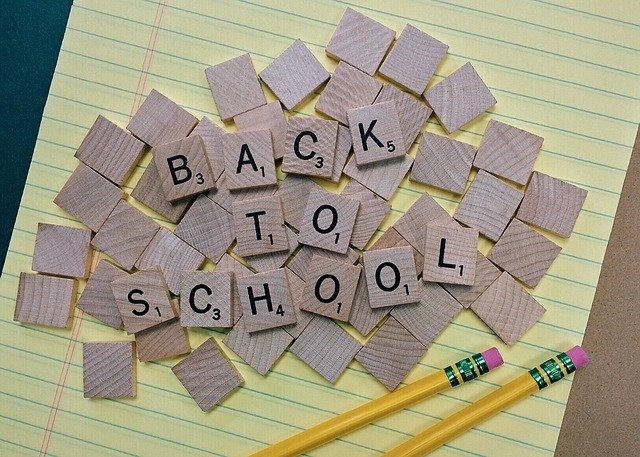Back to School: Balancing Academics and Athletics

As the back-to-school season approaches, student-athletes face the dual challenge of excelling in both academics and athletics. Juggling these responsibilities can be daunting, but with the right strategies, it’s possible to manage time effectively and avoid burnout. Here are some practical tips for student-athletes to balance their academic and athletic commitments successfully when going back to school.
1. Prioritize Time Management
Effective time management is crucial for student-athletes. Here’s how to stay on top of your schedule:
- Use a Planner: Write down all your academic and athletic commitments in a planner. This includes classes, practice sessions, games, assignments, and exams. Digital planners or apps like Google Calendar can be very useful.
- Set Priorities: Determine which tasks are most important and tackle them first. This might mean focusing on a major assignment or studying for an upcoming exam before less critical tasks.
- Break Tasks into Smaller Steps: Large projects can be overwhelming. Break them down into smaller, more manageable steps and set deadlines for each part.
2. Communicate with Teachers and Coaches
Clear communication with both teachers and coaches is essential. Here’s how to keep everyone in the loop:
- Inform About Conflicts: Let your teachers and coaches know about any potential conflicts in your schedule well in advance. This helps in arranging make-up work or alternate practice times.
- Seek Support: Don’t hesitate to ask for help if you’re struggling to balance your workload. Teachers and coaches can offer advice and possibly adjust your schedule.
3. Maintain a Healthy Lifestyle
Staying healthy is key to managing both academics and athletics. Here are some health tips:
- Get Enough Sleep: Aim for 7-9 hours of sleep per night. Adequate rest is crucial for both academic performance and athletic recovery.
- Eat Balanced Meals: Fuel your body with nutritious foods. Include a balance of proteins, carbohydrates, and healthy fats in your diet.
- Stay Hydrated: Drink plenty of water throughout the day, especially before and after workouts.
4. Develop Effective Study Habits
Efficient study habits can save time and reduce stress. Consider these strategies:
- Create a Study Schedule: Dedicate specific times each day for studying. Consistency helps in retaining information better.
- Find a Quiet Study Space: Choose a place free from distractions where you can focus on your studies.
- Use Study Techniques: Techniques like summarization, mnemonic devices, and practice testing can enhance learning and retention.
5. Manage Stress and Avoid Burnout
Balancing academics and athletics can be stressful. Here’s how to manage stress and avoid burnout:
- Take Breaks: Schedule short breaks during study sessions and practice. This helps to keep your mind fresh and focused.
- Practice Relaxation Techniques: Techniques such as deep breathing, meditation, and yoga can help reduce stress.
- Stay Connected: Maintain a social life and spend time with friends and family. Having a support system is important for mental well-being.
6. Stay Organized
Organization is key to balancing multiple responsibilities. Here’s how to stay organized:
- Keep Your Space Tidy: A clean and organized workspace can improve productivity.
- Use Organizational Tools: Tools like binders, folders, and digital apps can help keep your academic materials in order.
- Track Your Progress: Regularly review your goals and track your progress. This helps in staying on top of your tasks and making adjustments as needed.
7. Plan for the Long Term
Thinking ahead can help in balancing academics and athletics more effectively:
- Set Long-Term Goals: Define what you want to achieve both academically and athletically. This can provide motivation and direction.
- Develop a Routine: Establish a daily routine that includes time for academics, athletics, and relaxation. A consistent routine can make balancing responsibilities easier.
Conclusion
Balancing academics and athletics is a challenging but achievable goal for student-athletes. By prioritizing time management, communicating effectively, maintaining a healthy lifestyle, developing strong study habits, managing stress, staying organized, and planning for the long term, student-athletes can excel in both areas and avoid burnout. Remember, the key is to find a balance that works for you and to stay flexible as you navigate your busy schedule.
With these strategies in place, you can make the most of your high school or college experience, excelling both in the classroom and on the field.
Written by: Stuart Schmidt, MS, ATC, CSCS Program Manager/Head Athletic Trainer for The Center Foundation in Bend, OR. Learn more about Stuart HERE.
